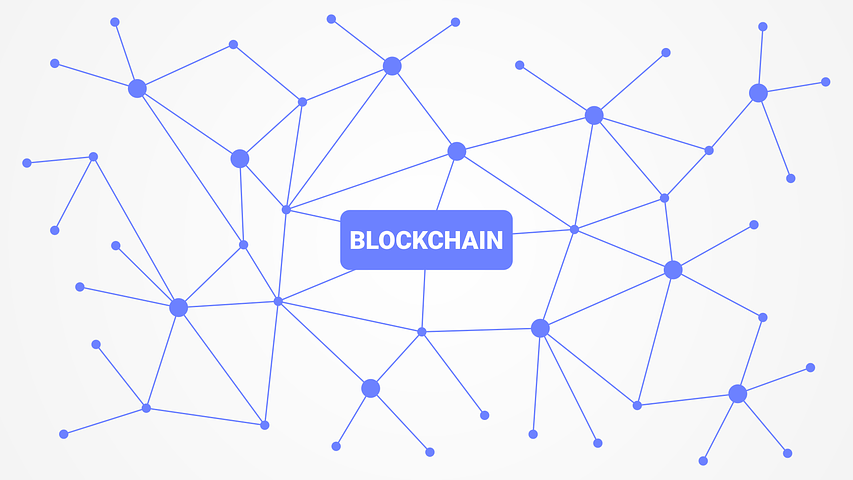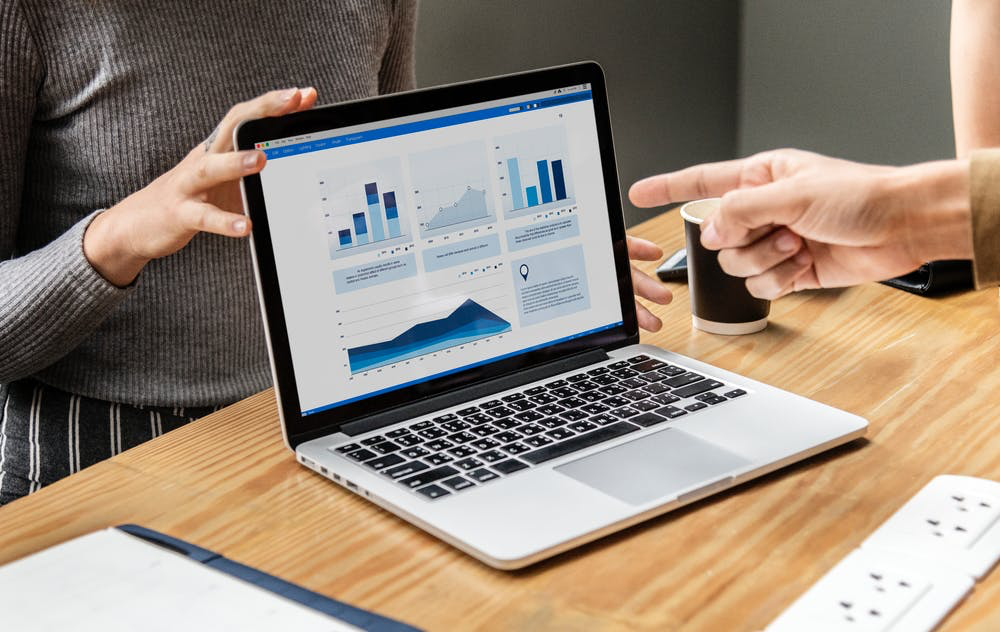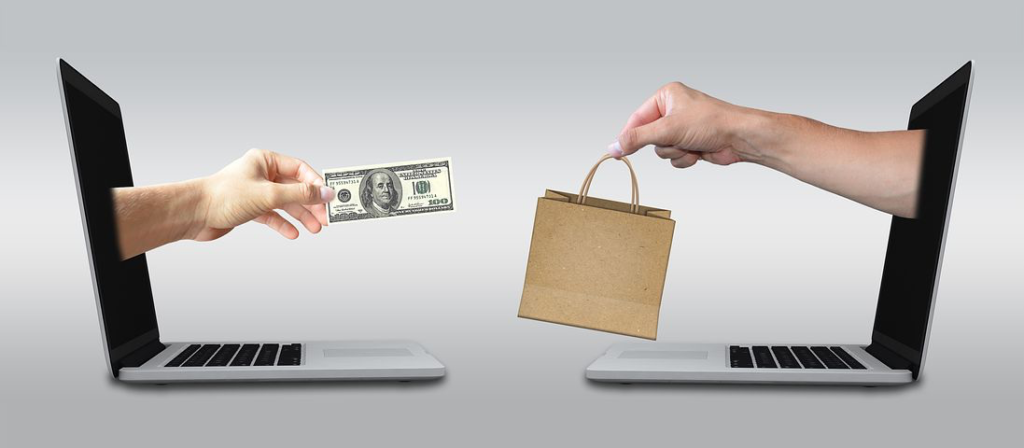What is Blockchain?
In many ways, asking ‘what is blockchain?’ is like asking ‘what is the internet?’ In most cases, we aren’t actually interested in what it is or how it works. What is of greater interest, is how can the technology be used to our advantage?
It does seem a little inappropriate to pose a question in the title, then go on to completely ignore it. So, here is the answer I find most useful when asked ‘what is blockchain?’ A blockchain is a permanent, immutable record (or chain) of transactions (or blocks) that is stored in multiple locations at once. Every time a new transaction occurs, the blockchain is updated on every computer in the network. Transactions are often economic, but any type of information can be stored as blocks on the blockchain.


What is the benefit?
What’s so impressive about a chain of indelible ‘blocks’ is that it allows multiple parties access to information instantly, with real-time updates. Imagine for a moment you are working on a word document with several colleagues. Every time someone makes a change, that change occurs only on a single document, nobody else will be able to see it. Naturally, what eventually happens is that there are multiple versions of the document that are slightly different. It soon becomes exceptionally difficult to work out which, if any, is most up-to-date and correct. With blockchain there is only ever one document, any edits are made for all to see and a record is automatically kept of all changes.
What is it not?
Crucially, a blockchain shouldn’t be confused with cryptocurrency – even though you will often hear them mentioned in the same breath. Blockchain is the technology that permits digital or cryptocurrencies. For example Bitcoins are exchanged on the Bitcoin blockchain, likewise Ether are exchanged on the Ethereum blockchain.
So just what on earth is a cryptocurrency? Well, like all currency it is essentially just a means to allow trade – something that we can exchange for goods and services. Instead of it being printed on paper or minted as a metal coin, it is entirely virtual and exists only on computers by way of a cryptocurrency wallet. Like the dollar or the pound, Bitcoin (or any other cryptocurrency) has no intrinsic value, it only has value provided many people are willing to accept that it is worth something. The ‘crypto’ part comes from the fact that the digital currencies are protected using cryptography – each coin is protected by a computer code, such that is is exceptionally difficult (but not impossible) to hack or steal.
What is blockchain being used for?
A blockchain can be used for essentially anything, but I imagine that you wouldn’t be particularly satisfied with that answer… So let’s looks at a few ways in which blockchain is transforming the world.

Finance
It perhaps comes as no surprise that finance is first on our list, given that Bitcoin is so prevalent nowadays. Initially, only a select few individuals would accept payment via cryptocurrency. As more and more people own Bitcoin and the like, companies are beginning to accept it directly as a form of payment. As of 2019, Wikipedia, Microsoft, Expedia and Overstock are just a few of the major global companies that accept Bitcoin.
Blockchain is also being incorporated into huge financial institutions, as everyone is clambering for position at the top. Cross-border payments, loan agreements and many other financial transactions are being trialed and actually conducted using blockchain. Early results are as expected, by reducing the necessity for middle men, lots of money and time are being saved.

Governments
Governments all over the world, from Slovakia to Saudi Arabia are pouring both money and research into blockchain. The indelible nature of the technology makes it ideal to eradicate corruption and streamline voting processes, or make life easier for businesses to effectively complete tax returns.
The Middle East in particular, currently rely on many oil based industries to provide a large portion of their GDP. As we move further into the 21st century, people are beginning to realise that fossil fuels are going to play an ever diminishing role. To ensure that countries such as UAE and Saudi Arabia maintain a vibrant economy, they see investment in technology as a no brainer with blockchain playing a central role.

Supply chain
Supply chains are notoriously complex. In order to successfully manufacture any of the thousands of devices we rely upon, a monumental effort on behalf of many hundreds of people and companies is required. It is necessary to coordinate the movement of millions of components through myriad jurisdictions and/or governments. Some of the items may be precious, rare, fragile or even dangerous and come with their own laws and regulations regarding their containment and transportation. In short, to make things happen, a lot of people need to be in agreement about what and how much of something is moving where and at what time.
Blockchain can remove lots of the middle men, by making all documents accessible to all parties at any time. Fewer printed documents are required and the time frame to complete checks and verifications is likely to be significantly reduced. The largest shipping company in the world, MAERSK has teamed up with tech giant IBM to create their own blockchain called TradeLens, going to show how seriously blockchain is being taken!

Real Estate
As many of us are so acutely aware, buying or even renting a property can be a painful process. Lawyer fees, estate agents fee and countless other costs seem to come from nowhere. Blockchain, is being explored in many different ways within real estate, from property listing to applying for mortgages. In all cases, the likelihood is that many of those tedious, expensive and often lengthy process are going to be either lessened or avoided altogether.

The future of blockchain
Well, that really is the mi… billion dollar question! Experts continue to debate where and how exactly blockchain will have the biggest impact. Some still maintain that blockchain will never live up to the hype, but the general consensus is that blockchain will feature heavily in almost all sectors. Amara’s law states that people over estimate the effect of a technology in the short term, yet underestimate it in the long term and blockchain is no exception. Few other technologies around today have the capability of connecting more people effectively than blockchain. My conclusion, don’t bet against blockchain having one of the greatest technological impacts since the internet!